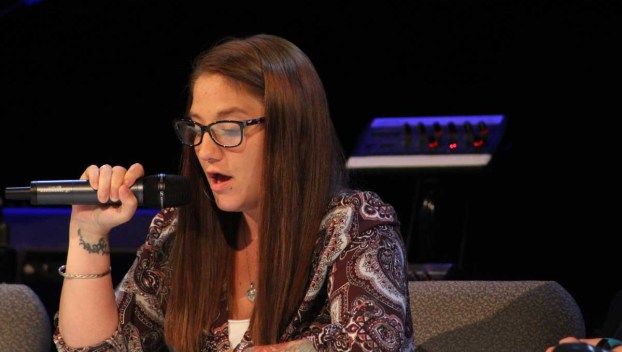
Ga Fl News
Department of Family and Children Services celebrates family reunification
TIFTON — The Tift County Department of Family and Children Services hosted a special celebration in honor of ... Read more

TIFTON — The Tift County Department of Family and Children Services hosted a special celebration in honor of ... Read more